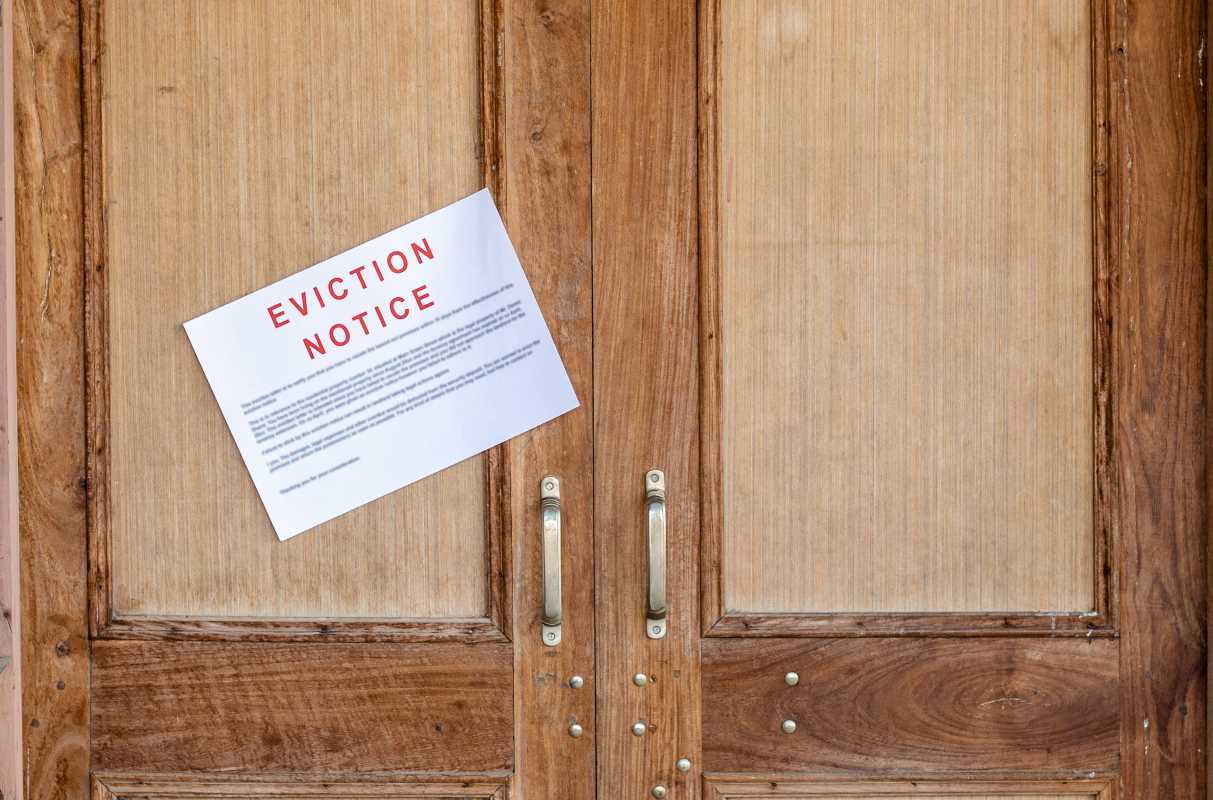Being a tenant in a property facing foreclosure can upend your whole life. Suddenly, your home becomes the center of a legal and financial battle that you had no part in. It’s natural to worry about your housing stability. Laws exist to protect your rights and provide clarity during this process. Understanding these rights is important for keeping you informed and prepared. You may have more legal protections than you realize, especially under state and federal laws. We will walk you through your rights as a tenant during property foreclosure, help you recognize unlawful practices, and provide actionable steps to safeguard your home and plan for the future.
Tenant Protections Under Federal Law
Federal law offers robust protections for tenants during foreclosure. The Protecting Tenants at Foreclosure Act (PTFA), reinstated in 2018, provides tenants the right to remain in their homes for a certain period of time after foreclosure. Key aspects of the PTFA include the following protections:
- 90-Day Notice: Tenants must receive at least 90 days’ notice before being required to vacate the property. The notice gives tenants have enough time to find alternative housing.
- Lease Continuation: Fixed-term leases remain valid, even after foreclosure. If a tenant holds a lease agreement beyond the 90-day period, new property owners may be required to honor the existing lease terms unless they plan to occupy the property personally.
These federal protections can offer tenants peace of mind and prevent them from being pressured into leaving prematurely.
State-Specific Tenant Protections
Tenant protections during foreclosure vary widely by state. Certain states impose additional safeguards for renters, such as extended notice periods or relocation assistance.
Renters can benefit from researching their state laws to identify any enhanced rights. California law requires new property owners to explicitly recognize existing leases, while Massachusetts offers relocation support for tenants displaced due to foreclosure. Familiarity with local laws helps tenants enforce their rights and avoid being misled by landlords or new owners.
Determining Lease Validity After Foreclosure
The validity of a lease after a foreclosure depends on several factors. For most tenants, foreclosure doesn’t automatically void their rental agreement. Instead, the lease terms generally transition to the new property owner.
However, tenants without a written lease, such as those on month-to-month agreements, face looser protections. Occupancy rights typically extend for the 90-day period required by federal law, but specifics may depend on state regulations. Keeping a copy of your lease agreement on hand prepares you to argue for your continued tenancy if necessary.
Steps Tenants Can Take During Foreclosure
Maintain Rent Payment
Tenants must continue paying rent during foreclosure. Until ownership officially changes, your lease remains enforceable, and you are obligated to fulfill its terms. Send payments to your current landlord unless informed otherwise.
Be cautious of scammers. Unauthorized individuals may pose as the new property owner and demand payment. Ask for official documentation before making any changes to your payment arrangements.
Communicate with the New Owner
Initiating communication with the new property owner helps clarify what to expect moving forward. Ask for information about the property's status, and ask if they plan to continue renting it out or require you to vacate. Positive communication can lead to smoother transitions.
Document Every Interaction
Keeping records of all notices, emails, and conversations related to the foreclosure protects your rights. Documented proof prevents miscommunication and strengthens your case if disputes arise.
Save paperwork like your lease agreement, payment receipts, and any written correspondence from your original landlord or the new property owner. If possible, keep a timeline of events to stay organized.
Recognizing Unlawful Practices
Some property owners or buyers might try to exert pressure, hoping tenants will vacate quickly. Knowing your rights allows you to stand firm against unfair tactics.
Common methods of unlawful practices include:
- Intimidation or Harassment: New property owners cannot threaten tenants or force them to leave outside the legal notice period.
- Changing Locks or Removing Belongings: Lockouts and removing a tenant's possessions without a legal order are violations of tenant rights.
- Withholding Utility Services: Cutting off water, electricity, or essential utilities to drive tenants out is illegal and enforceable under housing regulations.
Reporting these actions to local housing authorities or seeking legal assistance can prevent further abuse and provide leverage to assert your rights.
Seeking Legal Assistance
Tenants facing eviction or mistreatment during foreclosure should consult with a housing attorney or a tenant advocacy organization. Legal professionals offer valuable advice tailored to your situation and can represent you during disputes. Many cities offer free or low-cost legal resources for renters.
Filing a Formal Complaint
State housing authorities or local tenant organizations handle complaints regarding unlawful eviction practices. Filing a formal complaint puts additional pressure on landlords or new property owners who violate tenant laws. Providing evidence like photographs, emails, or written notices strengthens your complaint and improves the likelihood of a favorable resolution.
Planning for Housing Stability
While foreclosure rarely results in immediate eviction, preparing for potential housing changes benefits renters. Exploring alternative housing options ahead of time minimizes stress and encourages a smooth transition, if necessary.
Explore Relocation Assistance
Certain government programs and nonprofits offer financial aid to renters displaced by foreclosure. Assistance often covers moving expenses, security deposits, and even rent subsidies. Researching these programs can ease the financial burden of relocating.
Negotiate with the New Owner
Some new owners prefer to keep tenants as a source of steady income. Negotiating a new lease offers an opportunity to continue residing in the property under updated terms. Suggesting small adjustments, such as updated rent amounts or maintenance plans, shows good faith on your part.
This information does not constitute legal or financial advice. Please consult a qualified professional for advice tailored to your specific situation.
 (Image via
(Image via





